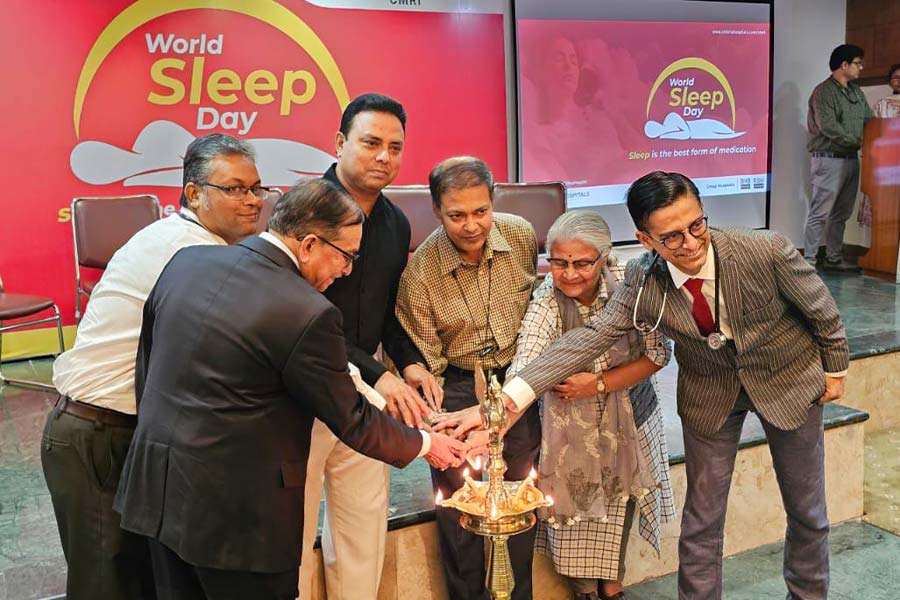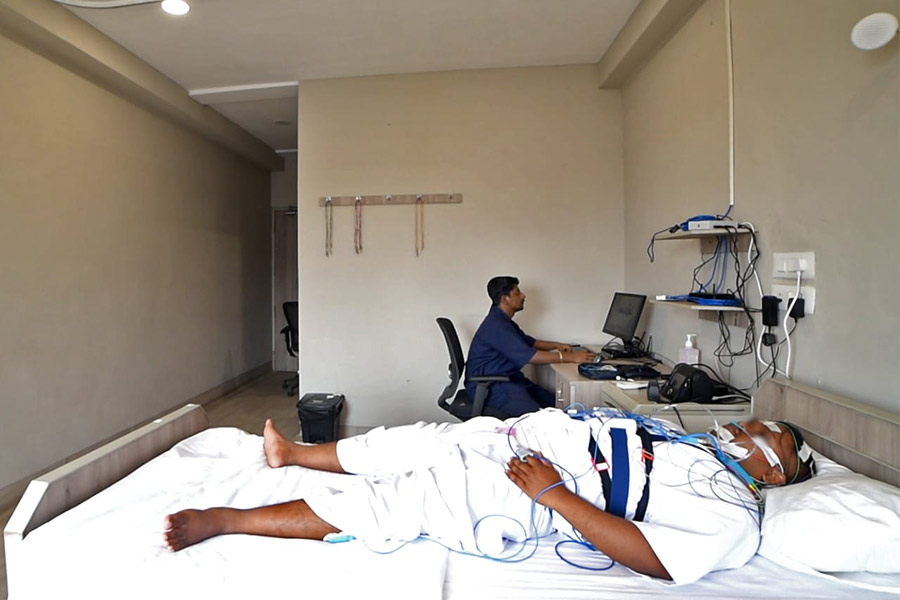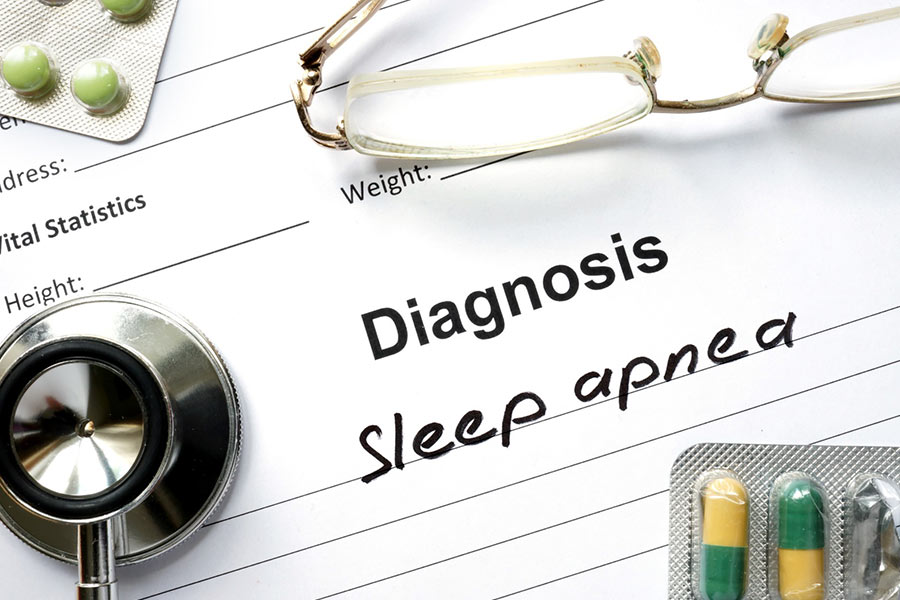Do you snore at night? Do you wake up feeling choked? Do you feel sleepy and dizzy during the day? If your answer to any of these questions is ‘yes’, you may consider visiting the newly launched state-of-the-art sleep laboratory at Calcutta Medical Research Institute (CMRI).
The facility, which claims to be the first of its kind in eastern India, offers comprehensive diagnostic and therapeutic services under one roof. “The facility can diagnose and treat all 80 kinds of sleep disorders that are documented,” said Arup Halder, a pulmonologist and sleep expert in charge of the lab.
“In this sleep lab we carry out polysomnography test that monitors the sleep stages and cycles along with other tests to assess the patient’s brain wave, eye movement, muscle movement, flow channel or status of air in lungs, oxygen saturation, body postures, pulse, blood pressure during sleep and video-graph the entire session,” Haldar at the launch of the lab on World Sleep Day on March 15.

The state-of-the-art sleep laboratory at CMRI was launched on World Sleep Day on March 15
‘Sleep is the best medicine,’ says the lab’s tagline and doctors said sleep disorders, especially critical ones such as obstructive sleep apnoea, can be linked to several diseases ranging from pulmonary to cardiac to neurological to even psychological ones.
“Though around 10 per cent of the population suffers from sleep disorders, hardly 0.1 per cent reports to doctors,” he said.
But patients who have been treated for several sleep disorders confirm improvement in many of their comorbidities such as blood pressure and diabetes.
Obstructive sleep apnoea is a common sleep disorder characterised by repetitive episodes of nocturnal breathing stoppage triggered by upper airway collapse, leading to a range of diseases and even death.

The facility claims to be the first of its kind in eastern India
“Despite being a major risk factor for metabolic and cardiovascular diseases, sleep disorders such as OSA (Obstructive Sleep Apnoea) remain under-recognised in our society. Snoring, often dismissed lightly, can be a sign of underlying sleep apnoea, leading to serious health consequences if left untreated,” said Raja Dhar, head of the department of pulmonology, CMRI.
Experts said doctors, journalists, police and pilots are more vulnerable to sleep disorders. “Studies indicate that rising air pollution is also an important trigger for sleep-related disorders,” Haldar said.
